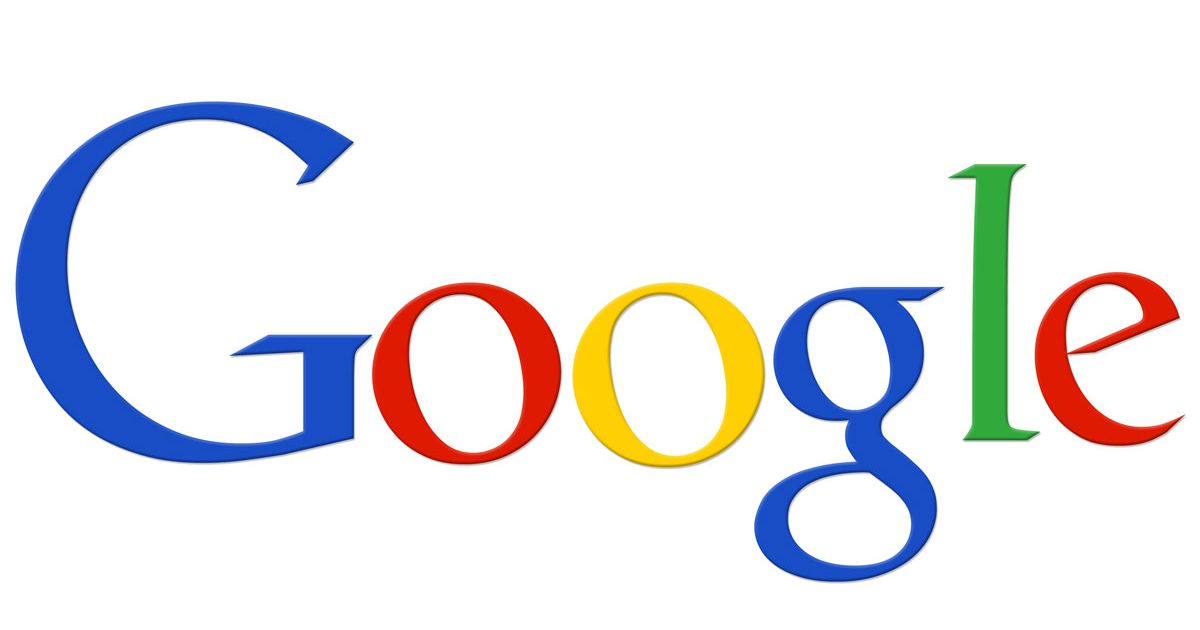Google rejects plan to make it pay for news in Australia despite law being watered down

By
Ben Butler
Dated : 20 Dec 2020 (IST)
Tech giant says proposed code requiring payments to publishers ‘still falls far short’ of being workable and wants it further weakened Google says Australia’s proposed media bargaining code would ‘fundamentally break how search engines work’.
Google has rejected a bargaining code designed to force it and other tech groups to pay publishers for news they use on their websites, even though it has already been watered down after a fierce lobbying campaign by the search
giant.
In a post to Google’s official blog, the company’s Australian boss, Mel Silva, said the proposed code would “fundamentally break how search engines work”, complained it would involve giving news publishers special treatment and slammed the “final offer” method that is to be used to resolve how much should be paid for news as “unfair and unprecedented”.
“Unfortunately, while the government has made some changes, the legislation still falls far short of a workable code,” she said. Silva said Google was “still fully committed to getting to a version of the law that’s workable” and made proposals to further weaken the code.
A program under which Google proposed to pay some publishers for using their work, Google News Showcase, “remains on hold in Australia until we can be sure that the final code is workable”, she said.
Industry sources said Silva’s blog introduced new arguments Google has not previously aired in its campaign against the code and appeared to be a stiffening of its position.
It comes as Google is hit with a wave of anti-trust lawsuits in the US, alleging that it has an illegal monopoly in search.
The initial version of the news media bargaining code, proposed by the Australian Competition and Consumer Commission chair, Rod Sims, only
took into account the value of news content to Google, Facebook and other groups.
After consultation with affected parties, including Google, the draft legislation now before parliament was watered down so that the value news organisations get from links published by internet companies is also recognised.
However, as much of the traffic search engines send to news websites would probably arrive directly if search engines did not exist, the value transferred to publishers by companies such as Google is limited.
Other changes that have been made include reducing the length of time tech groups have to give news publishers before changing their algorithms in a way that might hurt the media companies from 28 days to 14 days. There has also been an increase in how significant algorithm changes have to be before
notification is required.
After pressure from the Greens, the legislation now also includes the government-owned broadcasters, ABC and SBS, which were initially excluded.
But the final offer arbitration model used to resolve disputes over how much cash should be paid has not been changed.
Under final offer arbitration – also known as “baseball arbitration” due to its use in the sport in the US – each side puts forward a final, binding bid as to how much should be paid and the arbitrator picks one.
Silva said the latest version of the code “forces Google to pay to show links in an unprecedented intervention that would fundamentally break how search engines work”.
“No website and no search engine pays to connect people to other websites, yet the code would force Google to include and pay for links to news websites in the search results you see,” she said.
She complained that notifying news publishers of changes to the algorithm amounted to “special treatment”. “Even if we could comply, that would delay important updates, drive up
operating costs and mandate special treatment to news publishers in a way that would disadvantage everyone else,” she said.
Silva proposed weakening the code by limiting notification of algorithm changes to “actionable” ones, but did not explain what she meant by the term.
And she again blasted final-offer arbitration, which Google has consistently opposed, saying it “incentivises publishers to make ambit claims and resort to arbitration rather than good-faith negotiations”.
Silva proposed replacing final offer arbitration with a model “that would let arbitrators look at comparable transactions, rather than just looking at only one side’s costs”.
Peter Lewis, director of the Centre for Responsible Technology at thinktank. The Australia Institute, said Google’s statement showed “that it does not recognise that professionally produced journalism has value greater than other content”.
“The code recognises that Google’s monopoly on advertising, including their illegal data sharing with DoubleClick, has created a massive market
distortion,” he said.
“Google’s response is to dismiss journalism as a charity, deserving of sympathy but not respect.”
Source : Guardian




